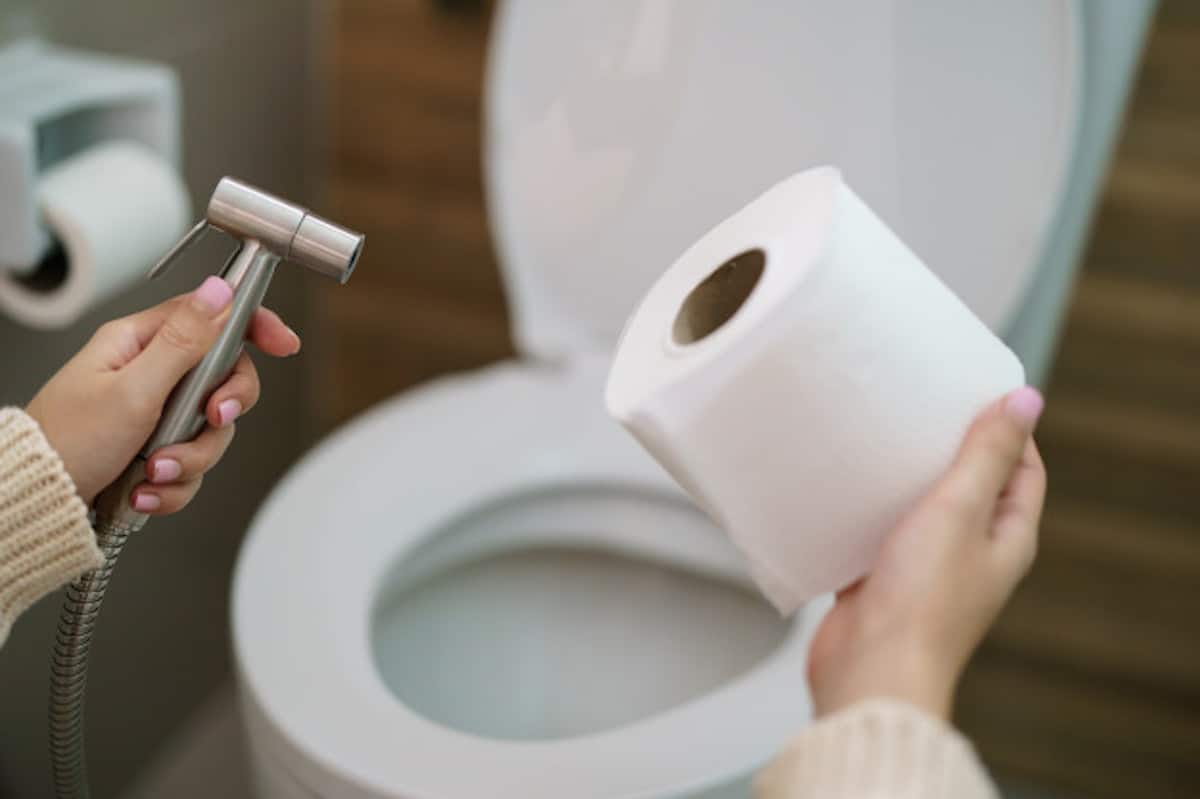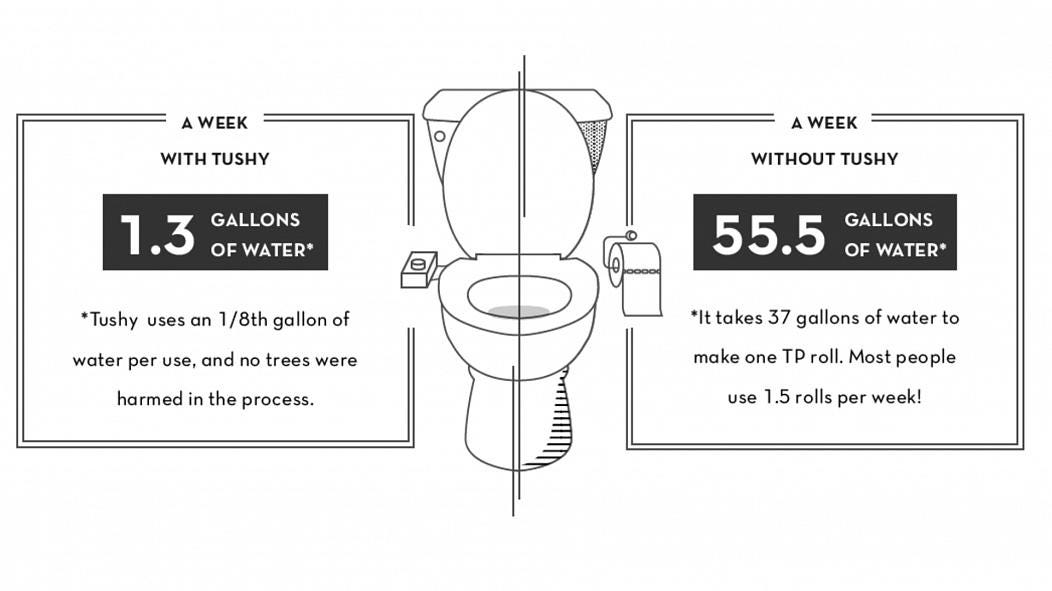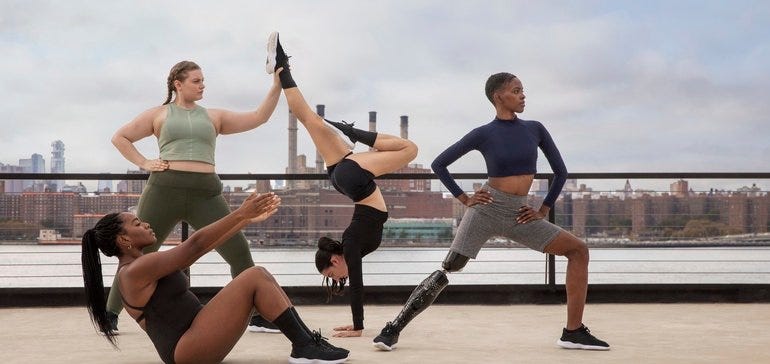Used once, for obvious reasons, and then flushed away, it’s not something we are keen on recycling either making it pretty much the ultimate single-use item.
Originally published on thesouthafrican.com by Riyaz Patel on january 14, 2021

Nearly €75 billion worth of toilet paper is bought around the world every year. According to Statista, that’s around a staggering 8kg per person.
Understandably, it is an essential item on most people’s shopping lists, but some countries use a lot more than others. Americans, for instance, go through an average of 57 sheets every day. That’s a whole lot of paper.
Used once, for obvious reasons, and then flushed away, it’s not something we are keen on recycling either making it pretty much the ultimate single-use item.
Shortages in many parts of the world due to COVID-19 panic buying have had us all searching for potentially questionable alternatives, but should we be looking to ditch toilet roll altogether in the face of a different global crisis?
WIPING OUT OUR FORESTS
Manufacturing sheets of this trusty bathroom staple has a devastating impact on the environment.
A report from Greenpeace in 2017 found that logging linked to toilet paper had severely damaged Sweden’s Great Northern Forest.
The National Resources Defense Council (NDRC) and Stand.earth also released a report more recently called “The Issue With Tissue” in 2019, which explains how Canada’s boreal forests are being similarly destroyed by America’s desire for luxurious 3-ply.
The majority of these trees are hundreds of years old and cannot easily be replanted to restore the ecosystem.
“Maintaining the Canadian boreal forest is vital to avoiding the worst impacts of climate change,” says Anthony Swift, director of the Canada project at NDRC.
“Most Americans probably do not know that the toilet paper they flush away comes from ancient forests.”
Important biodiversity is under threat from ‘clear-cutting,’ a process which removes nearly all of the trees from an area.
This has a knock-on effect for the rest of the forest’s ecology leading to flooding, habitat loss, and the death of plants and animals that use tree canopies as shelter.
Indigenous communities who call the region home also face problems as the natural resources they rely on to live are depleted.
All for the purpose of keeping our backsides clean.
Negative perceptions of recycled rolls mean that we’re more likely to reach for products made from the virgin tree pulp sourced from these trees.
Where other industries are looking to up their recycling initiatives, Ethical Consumer found that the world’s biggest suppliers of toilet paper were actually increasing the number of trees being chopped down in a search for softness.
Their explanation? We just aren’t buying enough of the recycled stuff.
WHAT’S THE PROBLEM WITH RECYCLED PAPER?
While conventional toilet paper wipes out trees at an astonishing rate, plenty of recycled options do exist out there.
They can be made using both waste from other paper manufacturing processes but also from the junk mail, cardboard boxes and milk cartons that end up in our recycling bins.
The problem lies with the fact that recycled materials don’t seem to give us the same quality as the less environmentally friendly options.
The long paper fibres needed to make paper in repeated contact with some, very delicate, parts of the human body luxuriously soft just don’t survive the recycling process.
That just doesn’t cut in a market where comfort is the consumer’s main concern. Another worry is that post-consumer sources for recycled paper may contain BPA, a chemical that has been linked to a number of health problems.
A whole host of startups have emerged in the last few years seeking to solve the negative image of recycled brands. Companies like Who Gives a Crap and №2 are making rolls made from materials that they claim are more sustainable and marketing them as something to look good stacked on the back of your toilet.
The crowdfunded brand, Who Gives a Crap, solves the problem of softness and sustainability by offering both recycled and bamboo versions of its paper.
Bamboo is considered to be a relatively environmentally friendly source of paper fibres. The fast-growing grass regenerates from its own roots, doesn’t need fertilising, and produces 35% more oxygen than tree equivalents.
WOULD YOU USE A BIDET?
With stocks of the soft, white stuff running low, many people are discovering completely paper-free ways to keep themselves clean.
Before you start reaching for the wet wipes or kitchen towels, plain old water is always an option.
And while ditching the roll is fast becoming a fad, Muslims are obligated to use water to clean themselves after passing waste. Istinja, the Arabic term for cleaning away whatever waste has been passed with clean water, is standard practice for Muslims and is obligatory.
Bidets are a common bathroom fixture in some countries around the world and have been a mandatory addition for Italian toilets since 1975.
Northern Europe seems to have fallen out of love with the washing our rear ends and asking an American what a bidet is, is likely to result in a quizzical look.
But with the pandemic causing shelves to be cleared of hundreds of rolls, those already clued into this hygiene revolution are, well, sitting pretty.

Miki Agrawal, founder of a toilet attachment brand popular with millennials, TUSHY, says that the current shortage could be the tipping point that gets people to finally ditch toilet paper altogether.
“Since the late 1800s, we have been led to believe that toilet paper does the job, but all it does is cost us money every month (to the tune of billions of dollars per year if you add us all together), kills millions of trees per year and causes chronic infections and disease down there like UTIs, hemorrhoids and fissures.”
She explains that the company’s goal has always been to save the millions of trees worth of paper being flushed down the toilet every day.
“The modern bidet that saves your ass, saves your money, saves the planet and saves the world,” says the company’s marketing pitch.
Weirdly, because the toilet paper manufacturing process is so water-intensive, switching to a bidet could reduce your water usage as well.
Making a single roll of paper uses around 140 litres of water and most people go through one and a half rolls a week.
Tushy claims that each use of their device requires less than half a litre, meaning you need just under 5 litres a week to keep you clean.
Our toilet habits are not something we often consider the environmental ramifications of, but as urgency makes us more open to unconventional options, paper made from virgin wood could take a back seat.
So, is it not time to ditch the roll and turn on the tap? Think it over when you next sit on your ‘throne.’



